The Colorado legislature is back to work following the COVID-19 shutdown and proposing legislation to cease “extraordinary collection actions” through November 1, 2020. Senators Winter and Gonzales along with representative Herod introduced Senate Bill 211 just 15 days ago on June 1, 2020 and the Bill has already been referred to the Committee as a whole. This proposed legislation appears to have sweeping support but poses to significantly impact Community Associations; namely the ability to collect unpaid assessments.
The bill establishes a debtor’s right to request a moratorium on “extraordinary collection actions” through November 1, 2020. The Bill contains language allowing for a possible extension through February 1, 2021. The Bill defines extraordinary collection actions as garnishments, attachments, levies, and executions to collect or enforce a judgment on a debt. The only specific debt excluded from the proposed legislation appears to be child support obligations. As such, HOA assessments would fall squarely within those debts impacted by the ability to assert hardship and forestall “extraordinary collection actions” if invoked by the debtor. In addition to the ability to a debtors ability to assert a hardship from COVID-19, the bill also requires Creditors to provide certain disclosures before initiating any extraordinary collection actions. Essentially, the legislation requires that the debtor be notified of their right to suspend collection actions of they have been directly or indirectly affected by COVID-19 by calling or putting in writing that they have experienced a hardship due to the pandemic. Any effort to collect through an extraordinary collection action would constitute an unfair and unconscionable means of collecting a debt under Section 5-16-108.
As such, if passed, Community Associations will be required to comply with Senate Bill 211. While this legislation is well intentioned given the economic devastation that Americans have experienced in the wake of the COVID-19 pandemic, it jeopardizes a community association’s ability to collect unpaid assessments, which generally provides the sole financial basis for an HOA to operate.
Christopher Drake – Attorney @ Smith Jadin Johnson, PLLC
STAY UPDATED
Enter your email below to be included on our newsletter!
